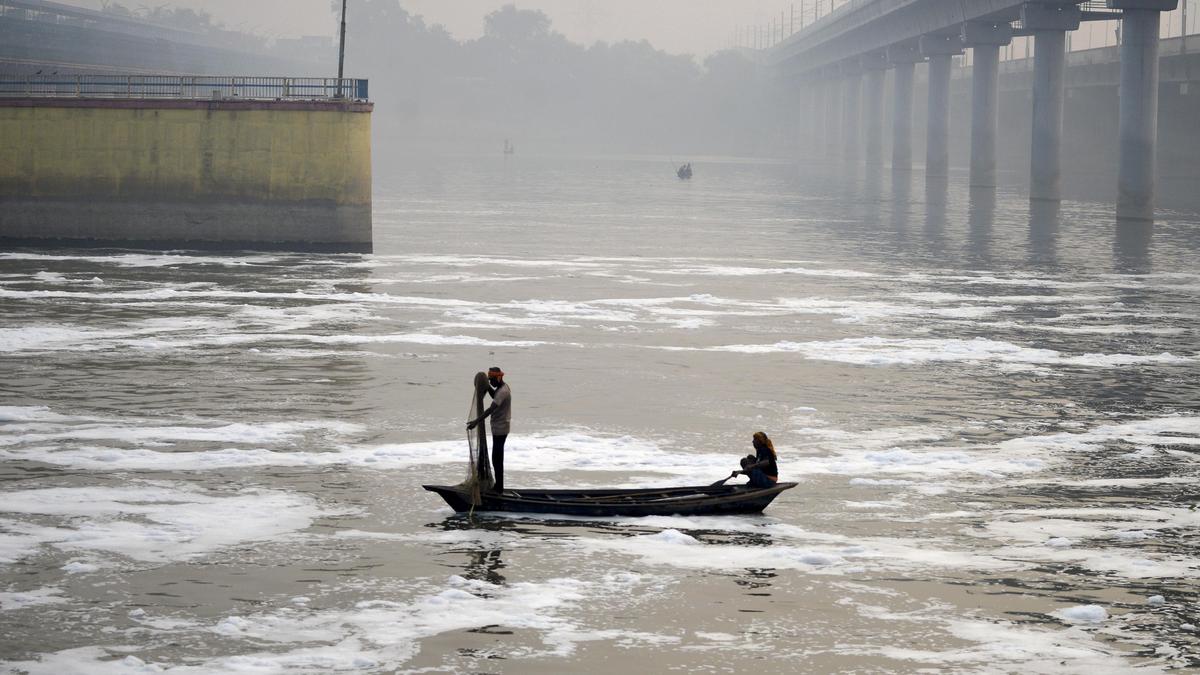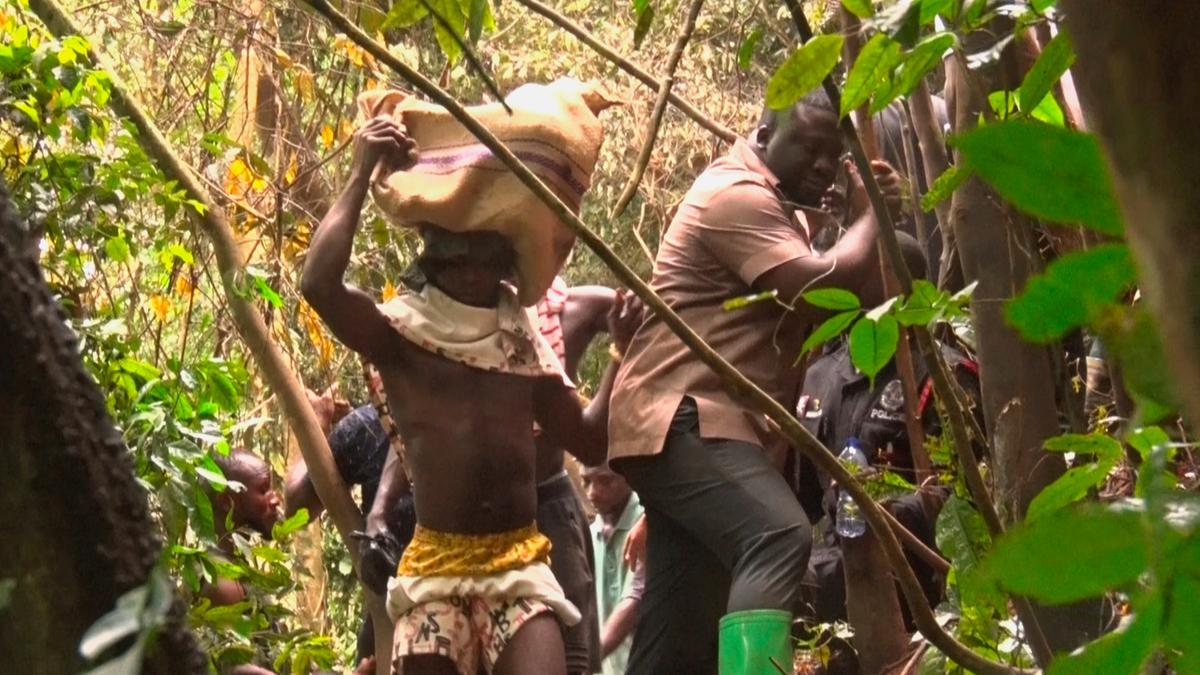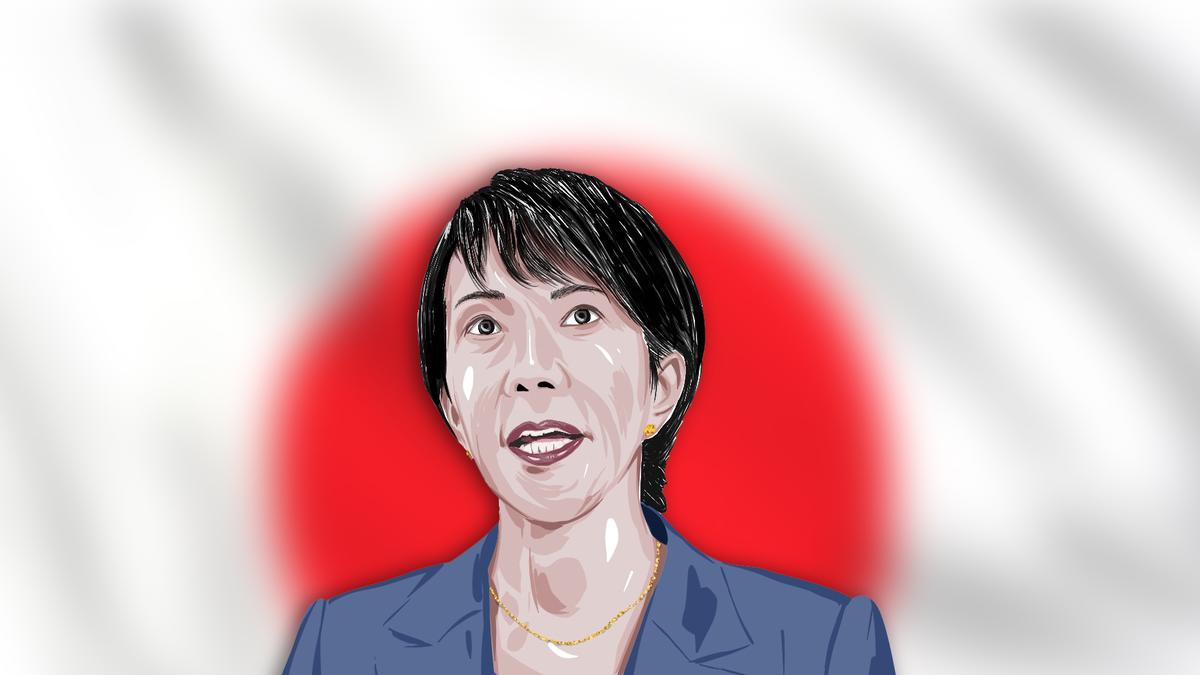
People catching fish as toxic foam floats on the surface of a polluted Yamuna river near Kalindi Kunj in New Delhi on Monday.
| Photo Credit: –
In a bid to rejuvenate the Yamuna river, the Delhi Jal Board (DJB) has invited tenders for 13 of the 34 proposed decentralised sewage treatment plants (DSTPs) aimed at treating wastewater from unauthorised colonies and peripheral villages, a senior government official told The Hindu.
The long-pending DSTP project, conceived to tackle untreated sewage flowing into the river, has been delayed primarily due to land availability issues. Officials said the DJB has now secured land for 30 of the 34 proposed sites, while the Delhi Development Authority (DDA), under the Central government, is expected to allot the remaining plots soon.
More tenders coming
“The DJB is also in the process of floating tenders for 15 more DSTPs and estimates for the remaining six are under way. Once completed, most areas currently discharging untreated sewage into the Yamuna will have local treatment systems,” the official said.
The decentralised plants are designed to treat sewage near its source, unlike the city’s 37 large treatment plants that require wastewater to be pumped across long distances through extensive pipelines. Each DSTP will serve three to five nearby villages or unauthorised colonies, reducing both conveyance costs and leakages.
The idea of decentralised treatment first took shape in 2015 under the Aam Aadmi Party (AAP) government. However, the project was stalled due to multiple hurdles, especially the non-availability of land. The initial plan for 48 DSTPs was subsequently reduced to 40 and later to 34.
During her Budget speech in March, Chief Minister Rekha Gupta reiterated the government’s commitment to the river’s revival.
“On the day the Delhi election results were announced, the Prime Minister had said cleaning the Yamuna would be our top priority. To achieve this, we will construct 40 DSTPs at a cost of ₹500 crore to treat sewage at the source,” she had said.
The DSTPs form a crucial part of Delhi’s broader sewage management plan. In July, Union Home Minister Amit Shah chaired a high-level meeting on Yamuna cleaning and directed the Delhi government to nearly double its sewage treatment capacity to 1,500 million gallons per day (MGD) by 2028.
According to the official, even though the number of DSTPs has been reduced to 34, their “combined capacity has been increased to 160 MGD” to ensure the same catchment areas are covered.
Deadline set
“We have land for 33 of the 34 DSTPs. For three of them, we need a bit more land,” the official said, adding that the DJB aims to complete the first 13 DSTPs by March 2027 and all 34 by December 2027.
Published – October 22, 2025 01:44 am IST



